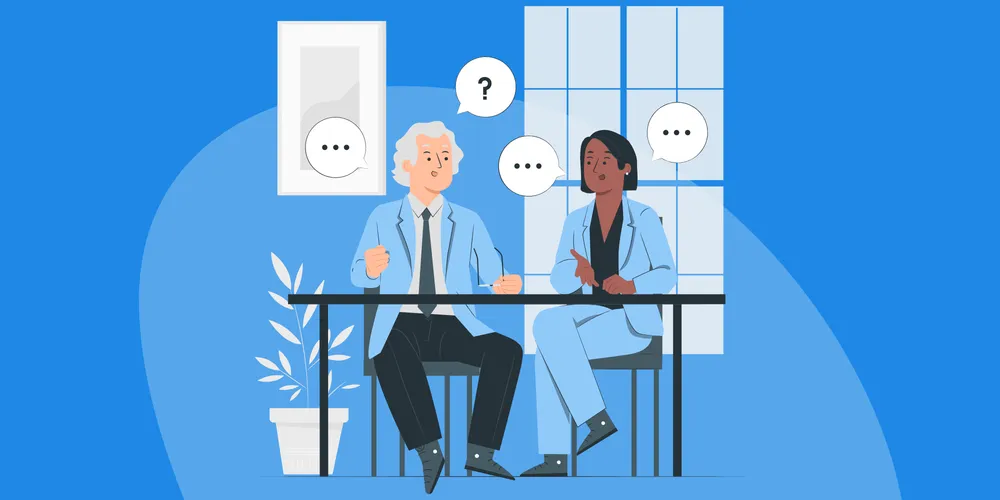Written plagiarism is a constant concern for writers and authors. In this article, we look at the most frequently asked questions about plagiarism in writing, with the aim of providing clear and useful answers to help writers protect their work and avoid legal problems.
Frequently asked questions and their answers
What is plagiarism in writing?
Written plagiarism is the unauthorised copying or use of someone else’s text, ideas or concepts without giving due credit to the original author. It can include copying words, phrases, plots, characters, narrative structures and other elements of a written work.
When is it considered plagiarism in writing?
Plagiarism occurs when a substantial portion of an existing written work is used in a new creation without the consent of the original author or without giving proper credit. The amount of work that must be copied to be considered plagiarism may vary according to the laws of each country and the interpretation of the courts in specific cases.
How can I protect my work from plagiarism?
To protect your writing against plagiarism, it is important to register it with a copyright office in your country or, if possible, internationally. You should also keep good records of your creative process and save all files and materials relating to your work, such as drafts, notes or emails.
What should I do if I suspect that someone has plagiarised my work?
If you suspect that someone has plagiarised your work, the first thing you should do is seek specialist copyright legal advice. A specialist lawyer will help you assess the situation and determine whether there is a case of plagiarism. If plagiarism is confirmed, you may be able to take legal action to protect your rights and claim compensation.
How can I avoid being accused of plagiarism?
To avoid being accused of plagiarism, make sure that your writing is original and that you do not copy significant elements from other works without permission or proper acknowledgement. It is also helpful to be familiar with copyright laws and accepted practices in the publishing industry. If you are inspired by another work, it is important to transform it and give it a new, personal approach.
Can I use quotations or references without being accused of plagiarism?
The use of quotations or references can be legal and acceptable if you give due credit to the original authors and follow the established citation standards of the publishing or academic industry. Make sure you cite sources correctly and do not use an excessive amount of other people’s material in your writing.
Conclusion
Understanding the implications of plagiarism in writing is essential to protecting your rights as an author and avoiding legal problems. Be sure to respect the intellectual property of other writers and seek legal advice if you suspect or are accused of plagiarism. Always maintain originality in your writing and do not hesitate to acknowledge sources that have inspired or informed you. By following these guidelines, you can focus on your creative process and share your work confidently and safely.


